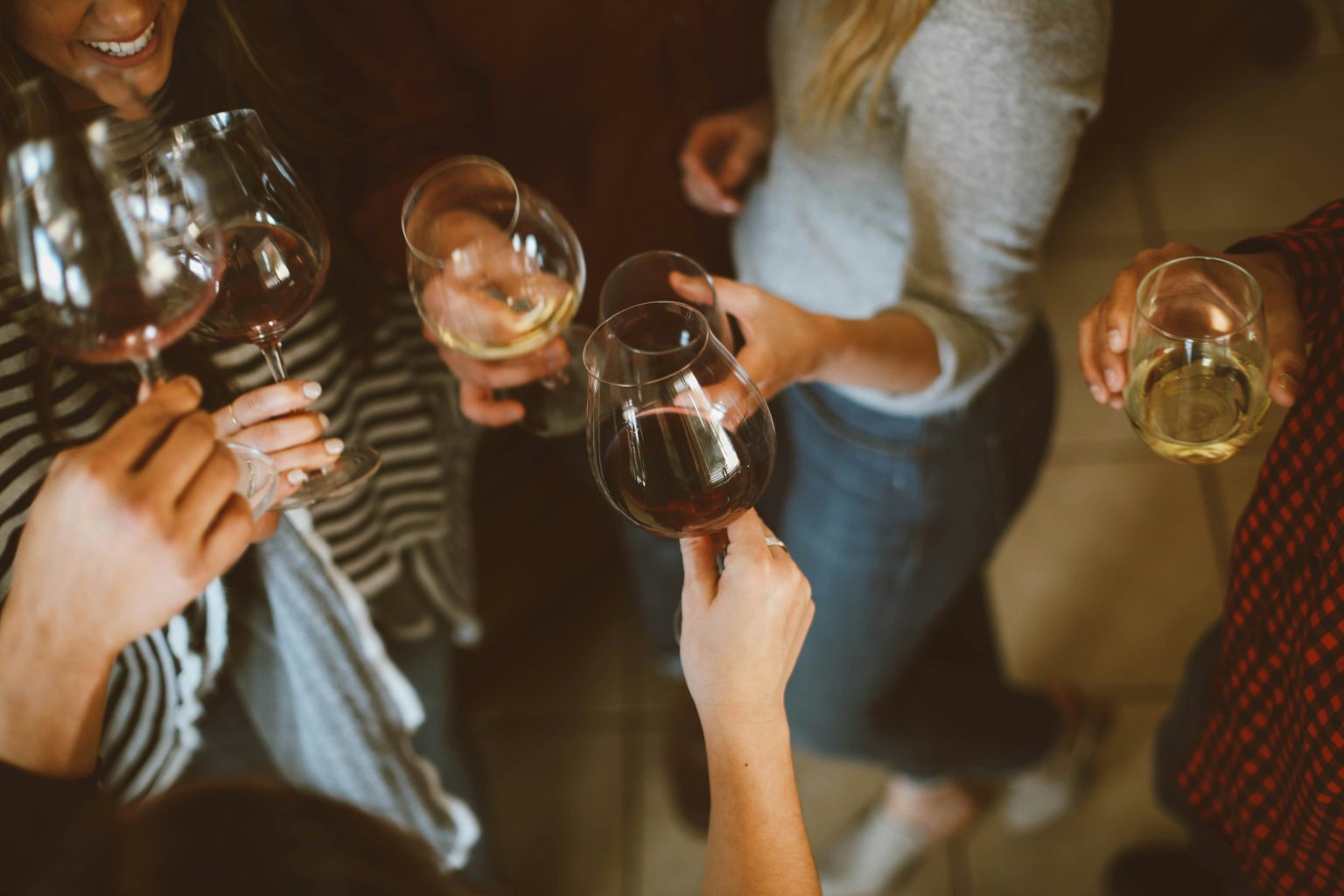A recent report by Canvas8, a global strategic insights firm specialising in cultural and behavioural trends, reveals that while Gen Z is drinking less alcohol than any previous generation, their interest in beverages remains high. This generation is redefining the drinking experience, embracing new habits and rituals around consumption—whether it’s alcohol, functional beverages, or low- and no-alcohol options—with an emphasis on wellness and mindfulness.
The report, How Drinking Culture is Changing for Gen Z, was authored by London-based writer Alice Porter and features insights from Hannah Glasson, a drinks industry communications expert; Fran Cruse, co-founder of Manchester cocktail bar Stray; and Steph Elswood, a sobriety advocate and founder of CAROUSE. It highlights that drinking alcohol is still linked to social activities like going to bars and clubs, but with Gen Z opting for fewer nights out, traditional drinking patterns are shifting.
According to the Night Time Industries Association (NTIA), nearly a third of UK nightclubs closed permanently between March 2020 and December 2023, with Gen Z’s “early retirement” from clubbing being a potential factor. Approximately 25% of Gen Z reports being “less interested” in clubbing compared to previous generations.
A Sober-Curious Generation
Gen Z is emerging as the most sober-curious generation yet, with many in their late teens and early twenties experimenting with how they drink rather than cutting alcohol out entirely. For some, drinking means low- or no-alcohol beverages or functional drinks such as CBD-infused beverages and adaptogenics, which offer mood-altering effects without the downsides of alcohol.
Health consciousness plays a significant role in this shift. Around a quarter of Gen Z opts for low- and no-alcohol drinks for their reduced calories and added functional benefits like prebiotics and vitamins.
Financial and Safety Concerns Driving Change
The cost-of-living crisis is another factor influencing Gen Z’s drinking habits. Young adults in their early 20s are facing higher levels of debt and earning less than their Millennial counterparts at the same age. Consequently, many are choosing to stay in rather than go out, or selecting more affordable alcohol-free options.
Safety concerns are also prominent, with 80% of Gen Z expressing anxiety about becoming victims of nightlife-related harm when visiting clubs or late-night venues.
Nights In Over Nights Out
Often dubbed the “stay-at-home generation,” Gen Z’s reduced interest in going out hasn’t diminished their love for innovative drinking experiences. Brands like MOTH, which offer pre-mixed cocktails in cans, are gaining popularity among this demographic, highlighting their preference for convenience and quality without the need to go out.
The Rise of Alternative Beverages
While alcohol consumption may be down, Gen Z’s interest in functional beverages is on the rise. From kombucha and CBD drinks to adaptogenic beverages, they are curating their drink choices to complement different aspects of their daily routines. “For Gen Z, it’s about ‘hydrating with benefits,'” says Glasson. “A Gen Zer might have a functional shot in the morning, kombucha with lunch, and a CBD drink in the afternoon.”
Mindful Drinking: A Shift in Purpose
One of the most notable changes in Gen Z’s drinking habits is the intention behind it. Getting drunk is no longer the primary goal. Gen Z drinks about 20% less alcohol than Millennials did at the same age, reflecting a broader cultural shift towards meaningful social experiences. “They’re drinking less, but they’re socialising more mindfully,” Elswood notes. “There’s a shift towards experiences that contribute to personal growth and well-being, rather than those focused solely on alcohol.”
Insights and Opportunities
Health and wellness are driving Gen Z’s beverage choices, making products like hard seltzers—low-calorie, hydrating alcoholic drinks—hugely popular. About 16% of Gen Z consumes hard seltzers regularly, compared to just 4% of Gen X.
This generation’s preference for innovation extends beyond alcoholic drinks. Whether choosing beverages for better sleep, enhanced energy, or relaxation, Gen Z is willing to invest in quality drinks that offer both functionality and experience. One-third of alcohol drinkers in the UK would prefer to treat themselves to a high-quality drink at home rather than go out.
Unlike older generations, for whom a drink after work or a glass of wine with dinner is commonplace, Gen Z sees alcohol as an occasional indulgence rather than a routine part of life. This is reflected in declining wine sales, which dropped 3% in 2023, and the fact that only 16% of Gen Z would bring wine to a party, preferring beer, flavoured malt beverages, or hard seltzers instead.
The Future of Drinking for Gen Z
Gen Z’s interest in both alcoholic and non-alcoholic innovations signals an exciting time for the beverage industry. As they continue to redefine what it means to drink, brands have a unique opportunity to cater to their desire for experiential, wellness-focused products that enhance their lifestyle, rather than detract from it.

